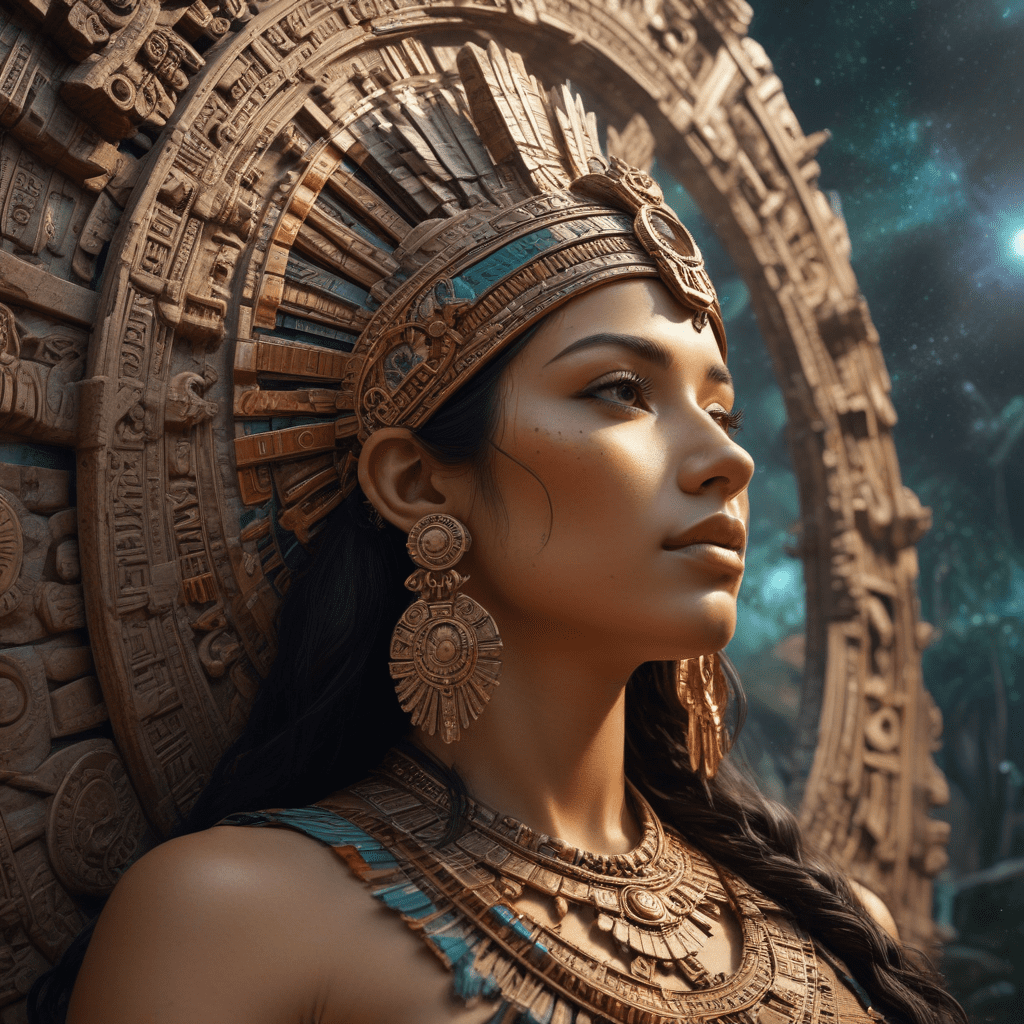The Quest for the Mystic River: Myths of Flow and Change
I. Introduction
The Mystic River serves as a powerful metaphor for the ebb and flow of life, representing the fluidity of our experiences and the inevitable changes we encounter. This river, steeped in myth and lore, embodies the journey of transformation that each individual undergoes throughout their life. The importance of myths, particularly those surrounding rivers, lies in their ability to articulate complex human emotions and experiences related to flow and change.
This article will explore the multifaceted nature of rivers in mythology, delve into the origins and interpretations of the Mystic River, examine the philosophical and psychological implications of change, and reflect on personal experiences that illuminate these themes. We will also consider the intersection of science and myth, and how contemporary culture continues to be influenced by river myths.
II. The Nature of Rivers in Mythology
Throughout history, rivers have held significant symbolic value in various cultures. They often represent more than just a physical entity; instead, they embody themes of transformation, journey, and passage. Rivers can signify the flow of time, the passage from one stage of life to another, and the connection between the material and spiritual worlds.
Common themes associated with rivers include:
- Transformation: Rivers are often seen as agents of change, reflecting the transient nature of life.
- Journey: Many myths depict rivers as pathways that heroes must navigate, symbolizing both literal and metaphorical journeys.
- Passage: Rivers frequently serve as boundaries between different realms, such as life and death.
Case studies of significant rivers illustrate these themes:
- The Nile: Revered in Egyptian mythology, the Nile symbolizes rebirth and the cyclical nature of life.
- The Ganges: In Hinduism, this river is considered sacred, representing purity and spiritual liberation.
- The Amazon: Often seen as a life-giving force, the Amazon embodies the connection between humanity and nature.
III. The Mystic River: Origins and Interpretations
The Mystic River has its own unique mythos, rooted in historical contexts and regional folklore. The river, located in Massachusetts, has been a source of inspiration for various artistic interpretations and literary references throughout the years.
In literature, the Mystic River has been depicted as a backdrop for stories of loss, redemption, and the complexities of human relationships. Notably, Dennis Lehane’s novel “Mystic River” explores themes of trauma and the impact of the past on present lives.
Personal anecdotes and local folklore surrounding the Mystic River enrich its narrative, suggesting that it is not merely a geographical feature but a living entity intertwined with the lives of those who inhabit its banks.
IV. Myths of Flow: The Concept of Change
Philosophically, the concept of change is central to understanding human existence. Many traditions emphasize the impermanence of life, with rivers serving as a poignant symbol of this idea. The ever-flowing water of a river reminds us that nothing remains static; all is in a state of flux.
Psychologically, the implications of change are profound. Personal narratives often reflect the struggle and acceptance of change, with rivers representing the tumultuous journey of self-discovery and growth.
Nature plays a crucial role in shaping human perceptions of change. The rhythms of the natural world, exemplified by the changing seasons and flowing rivers, provide a framework for understanding our own life cycles.
V. The Archetype of the Hero’s Journey
Rivers frequently symbolize the hero’s journey in mythology, acting as both a physical and metaphorical obstacle to be overcome. This journey often involves trials and tribulations that lead to personal growth and transformation.
Key characters in various myths have their quests linked to rivers:
- Hercules: His journey included crossing rivers as part of his labors, symbolizing the challenges he faced.
- Odysseus: In “The Odyssey,” rivers represent the treacherous paths he must navigate on his way home.
- Jesus: His baptism in the River Jordan signifies a transformative journey into a new life of purpose.
These myths teach valuable lessons about resilience and adaptation, illustrating that while the journey may be fraught with difficulty, it ultimately leads to growth and enlightenment.
VI. Environmental Reflections: Rivers and Ecosystems
Rivers are not only vital to human culture but also crucial to the health of ecosystems. Environmental changes, such as climate change and pollution, significantly impact river systems and the life they sustain.
Myths surrounding the preservation and destruction of rivers reflect humanity’s relationship with nature. Many cultures have stories warning against the consequences of neglecting these vital waterways.
Case studies of modern rivers facing ecological challenges include:
- The Colorado River: Overuse and climate change have severely impacted its flow, leading to ecological and economic crises.
- The Yangtze River: Deforestation and industrialization have threatened the delicate balance of its ecosystem.
- The Mississippi River: Flooding and pollution pose ongoing threats to its health and the communities reliant on it.
VII. The Intersection of Science and Myth
Scientific exploration of river dynamics often reveals parallels with mythological narratives. Understanding the physical properties of rivers—such as their flow patterns, sediment transport, and ecological roles—can enrich our appreciation of their symbolic significance.
Storytelling plays a crucial role in interpreting scientific phenomena. Myths can provide context and meaning to scientific discoveries, creating a bridge between the empirical and the experiential.
By examining the relationship between mythological narratives and scientific understanding, we can gain deeper insights into the natural world and our place within it.
VIII. Modern Interpretations and Cultural Significance
Contemporary art and literature continue to draw inspiration from the Mystic River, reflecting its enduring cultural significance. Artists and writers explore themes of memory, loss, and the passage of time through their depictions of rivers.
The relevance of river myths in today’s socio-political context is significant, as communities grapple with issues of environmental sustainability and social justice. The preservation of rivers has become a rallying point for activism, echoing ancient myths that emphasize the sacredness of water.
Community practices and rituals linked to rivers remain vital, with many cultures celebrating their rivers through festivals, prayers, and offerings, reinforcing the connection between people and their natural landscapes.
IX. Personal Reflection: The Journey Along the Mystic River
Personal narratives of individuals who have encountered the Mystic River reveal profound insights into the nature of flow and change. Many recount experiences of reflection, connection, and transformation while engaging with the river’s currents.
These experiences often highlight the lessons learned from the river, such as the importance of adaptability and resilience in the face of life’s challenges. As individuals navigate their paths, the river serves as a reminder of the beauty and complexity of existence.
Ultimately, these encounters shape our understanding of life’s journey, illustrating that like the river, our lives are a continuous flow of experiences, ever-changing yet interconnected.
X. Conclusion
In conclusion, the significance of rivers in mythology and personal experience is profound. The Mystic River, as a metaphor for flow and change, encapsulates the essence of the human experience—its trials, transformations, and triumphs.
As we continue our quest for understanding the mysteries of flow and change, we are reminded that rivers, both literal and metaphorical, are integral to our journeys, guiding us through the ever-shifting landscapes of our lives.



